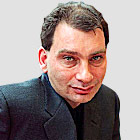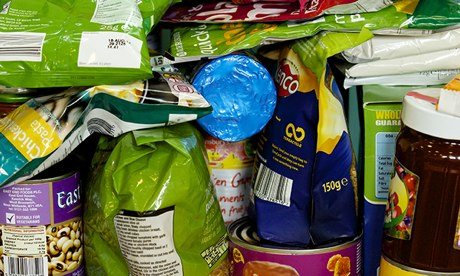Gillian Tett in The FT
This week financiers’ eyes have been firmly fixed on the Federal Reserve. No wonder. On Wednesday the US central bank raised rates at the most aggressive pace for 22 years, as Jay Powell, Fed chair, finally acknowledged the obvious: inflation is “much too high”.
But as investors parse Powell’s words, they should spare a thought for a central bank on the other side of the world: the Reserve Bank of New Zealand.
In recent years, this tiddler has often been an unlikely harbinger of bigger global trends. In the late 20th century, for instance, the RBNZ pioneered inflation targeting. More recently, it embraced climate reporting ahead of most peers.
Last year, it started tightening policy before most counterparts. And this week it went further: its latest financial stability report warns of a “plausible” chance of a “disorderly” decline in house prices, as the era of free money ends.
Unsurprisingly, the RBNZ also said it hopes to avoid a destabilising crash. But the key point is this: the Kiwi central bankers know they have an asset bubble on their hands, since property prices have jumped 45 per cent higher in the last two years and “are still estimated to be above sustainable levels”. This reflects both ultra-low rates and dismally bad domestic housing policies.
And it is now telling the public and politicians that this bubble needs to deflate, hopefully smoothly. There is no longer a Kiwi “put” — or a central bank safety net to avoid price falls.
If only the Fed would be as honest and direct. On Wednesday Powell tried to engage in some plain speaking, by telling the American people that inflation was creating “significant hardship” and that rates would need to rise “expeditiously” to crush this. He also declared “tremendous admiration” for his predecessor Paul Volcker, who hiked rates to tackle inflation five decades ago, even at the cost of a recession.
However, what Powell did not do was discuss asset prices — let alone admit that these have recently been so inflated by cheap money that they are likely to fall as policy shifts.
A central bank purist might argue that this omission simply reflects the nature of Powell’s mandate, which is to “promote maximum employment and stable prices for the American people”, as he said on Wednesday. In any case, evidence about the short-term risk of asset price falls is mixed.
Yes, the S&P 500 has dipped into correction territory twice this year, with notable declines in tech stocks. However, the American stock indices actually rallied 3 per cent on Wednesday, after Powell struck a more dovish tone than expected by ruling out a 75 basis point rise at the next meeting.
And there is no sign of any fall in American property prices right now. On the contrary, the Case-Shiller index of home prices is 34 per cent higher than it was two years ago, according to the most recent (February) data.
However, it beggars belief that Powell could crush consumer price inflation while leaving asset prices intact. After all, one key factor that has raised these prices to elevated levels is that the Federal Reserve’s $9tn balance sheet almost doubled during the COVID-19 pandemic (and has expanded it nine-fold since 2008.)
And, arguably, the most significant aspect of the Fed’s decision on Wednesday is not that 50bp rise in rates, but the fact that it pledged to start trimming its holdings of mortgages and treasuries by $47.5bn each month, starting in June — and accelerate this to a $90bn monthly reduction from September.
According to calculations by Bank of America, this implies a $3tn balance sheet shrinkage (quantitative tightening, in other words) over the next three years. And it is highly unlikely that the impact of this is priced in.
After all, QT on this scale has never occurred before, which means that neither Fed officials nor market analysts really know what to expect in advance. Or as Matt King, an analyst at Citibank, observes: “The reality is that tightening hasn’t really started yet.”
Of course, some economists might argue that there is no point in the Fed spelling out this risk to asset prices now, given how this might hurt confidence. That would not make Powell popular with a White House that is facing a difficult election, Nor would it help him achieve his stated goal of a “soft” (or “softish”) economic landing, given that consumer sentiment has wobbled in recent months.
But the reason why plain speaking is needed is that a dozen years of ultra-loose policy has left many investors (and households) addicted to free money, and acting as if this is permanent. Moreover, since the Fed has repeatedly rescued investors from a rapid asset price correction in recent years — most recently in 2020 — many investors have an innate assumption that there is a Fed “put”.
So if Powell truly wants to emulate his hero Volcker, and take tough measures for long-term economic health, he should take a leaf from the Kiwi book, and tell the American public and politicians that many asset prices have been pumped unsustainably high by free money.
That might not win him fans in Congress. But nobody ever thought it would be easy to deflate a multitrillion dollar asset price bubble. And the Fed has a better chance of doing this smoothly if it starts gently and early. Wednesday’s rally shows the consequences of staying silent.

